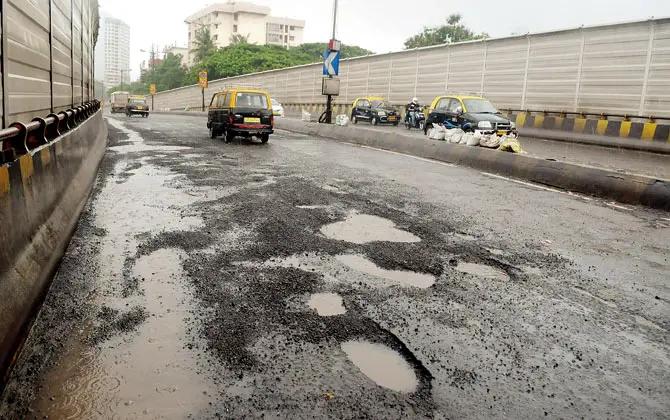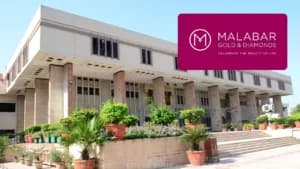The Jammu and Kashmir High Court has ruled in favor of commuters, directing an 80% reduction in toll fees at Lakhanpur and Bann Toll Plazas on National Highway-44. The order will remain in effect until construction on the highway is completed.
“This is based on the principle that tolls are collected to provide users with the benefit of well-maintained infrastructure. If the highway is in a deteriorated condition and uncomfortable to drive on, it is considered unfair for commuters to continue paying tolls," the court stated.
The bench, comprising Chief Justice Tashi Rabstan and Justice M.A. Chowdhary, criticized the authorities for increasing toll fees despite the highway’s poor condition. The court emphasized that toll charges should be a form of compensation for road users in exchange for smooth, safe, and well-maintained roads.
The court highlighted that the National Highway Fee Rules mandate a minimum distance of 60 km between two adjacent toll plazas. However, the distance between Sarore Toll Plaza and Bann Toll Plaza is only 47 km, making the collection of toll fees at both locations illegal.
Additionally, it was noted that millions of devotees visit the Mata Vaishno Devi Shrine, and the establishment of the Bann Toll Plaza before Domel seems to have been done purposefully to extract toll from these travelers, violating the 60 km rule.
The court expressed grave concerns over reports that toll plaza operators were employing individuals with criminal backgrounds. It ordered authorities to ensure that all personnel at toll plazas undergo police verification before being employed.
Furthermore, the court pointed out that the general public is frustrated with paying hefty tolls while suffering from poor road conditions. Union Minister for Road Transport and Highways, Nitin Gadkari, had previously stated that tolls should not be collected if roads are in a poor state or do not meet required standards.
Background of the Case
The case was initiated by petitioner Sugandha Sawhney through a Public Interest Litigation (PIL) challenging the collection of toll fees at Lakhanpur, Thandi Khui, and Bann Toll Plazas. The petitioner argued that nearly 70% of the highway is still under construction, with diversions and potholes making commuting difficult. The plea sought toll exemption until the completion of the Delhi-Amritsar-Katra Expressway.
The National Highway Authority of India (NHAI) defended its toll collection, claiming that only specific portions of the highway were under construction. However, the court found that several sections were severely damaged, causing inconvenience and extra fuel consumption for commuters.
Key Directions Issued by the Court
The High Court ruled in favor of the petitioner and issued the following directives:
- Reduction in Toll Fees – The toll fees at Lakhanpur and Bann Toll Plazas must be reduced by 80% until the highway is fully operational.
- Removal of Illegally Established Toll Plazas – Any toll plaza within 60 km of another on NH-44 must be removed within two months.
- Fair Toll Collection System – The Ministry of Road Transport and Highways must reconsider toll rates across J&K and Ladakh to prevent excessive tolling.
- Strict Employee Verification – Contractors and authorities must ensure that only individuals with clean records are employed at toll plazas.
The court noted that the toll plazas had generated over ₹1,243 crores in revenue between 2015 and 2024. While toll revenue contributes to infrastructure development, the court stressed that toll collection must be fair and justifiable.
Impact of the Judgment
This ruling is expected to provide relief to commuters and pilgrims traveling along NH-44. It also sets a significant precedent for the fair collection of tolls across India.
The judgment reaffirms that tolls should only be collected when roads are well-maintained and safe for public use. The authorities are now bound to implement these directives to ensure fairness in toll collection.
This decision has been widely welcomed by travelers and transporters, who have long raised concerns about the deteriorating condition of the highways in J&K.
Stay updated with more legal and infrastructure news. Share your thoughts in the comments!














